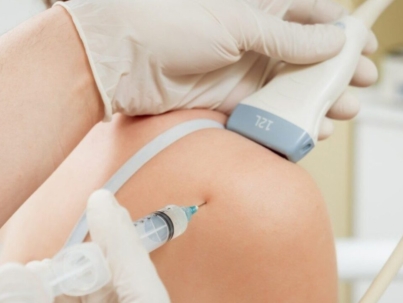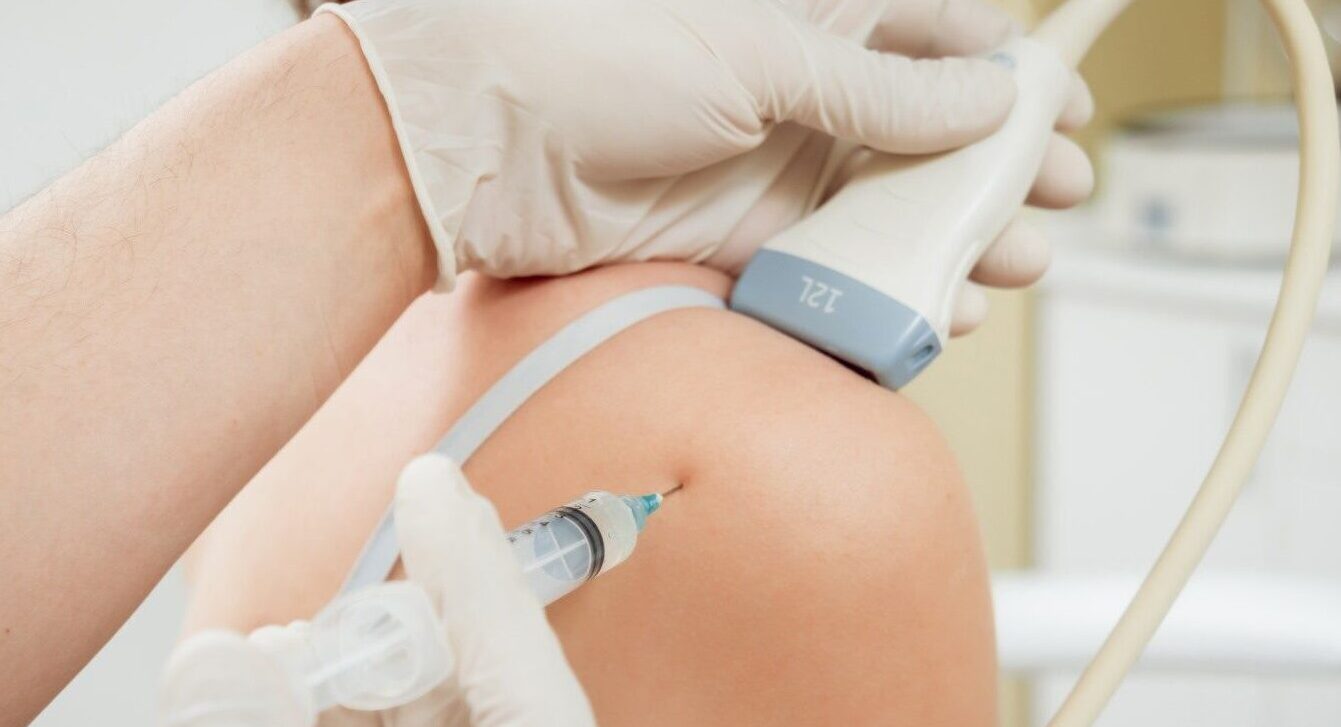MCL Injuries
Causes, Treatment, and When Surgery Is Needed

The Medial Collateral Ligament (MCL) is one of the key stabilizing structures on the inner side of your knee. It connects your thigh bone (femur) to your shin bone (tibia) and plays a vital role in keeping the knee stable, especially during side-to-side movements.
What is an MCL Tear?
An MCL tear happens when the ligament is stretched or torn due to direct trauma, twisting injuries, or sports-related stress. These injuries are classified into three grades based on severity:
- Grade I: Mild sprain or microscopic tear
- Grade II: Partial tear of the ligament
- Grade III: Complete tear of the ligament
Nonsurgical Treatment Options
Most MCL injuries — especially Grade I and II — can be managed without surgery. The goal is to reduce inflammation and promote natural healing.
Treatment Includes:
- Rest, Ice, Compression, Elevation (RICE)
- Painkillers and anti-inflammatories
- Physiotherapy to regain strength and motion
- Hinged knee brace with controlled range of motion for 4–6 weeks
Shared decision-making is important, and your orthopedic specialist will guide you based on your age, activity level, and response to initial treatment.
When is Surgery Required?
Surgery may be needed if:
- You have a Grade III tear
- You're a young, active individual
- You’ve had no improvement with conservative treatment
Surgical Options:
- MCL Repair (in early cases using internal bracing)
- MCL Reconstruction (for chronic or failed cases using grafts)
Risks of Surgery
Like any procedure, MCL surgery carries general and specific risks:
- General: Pain, swelling, infection, stiffness, blood clots
- Specific: Residual knee instability, nerve injury, graft failure, or long-term arthritis
The choice between early surgery, delayed surgery, or no surgery remains debated, but personalized care based on shared decision-making is the best approach.
Final Thoughts
MCL injuries are common but often heal well with the right approach. Whether you’re an athlete or a weekend warrior, timely diagnosis and individualized care will get you back on your feet. If you suspect an MCL tear, consult an orthopedic specialist to discuss the best treatment plan for your needs.

Click here to download the article:
Read more stories
Steroid Injection for Shoulder Pain: What You Should Know
Steroid Injection for Shoulder Pain What You Should Know Shoulder pain — especially from conditions like rotator cuff inflammation or...
Steroid Injections for Knee Pain: What You Need to Know
Steroid Injections for Knee Pain What You Need to Know Chronic knee pain caused by arthritis or inflammation can significantly...
Understanding Meniscus Tears: Symptoms, Treatments & Recovery Options
Understanding Meniscus Tears Symptoms, Treatments & Recovery Options The meniscus is a C-shaped cartilage in your knee that acts as...






